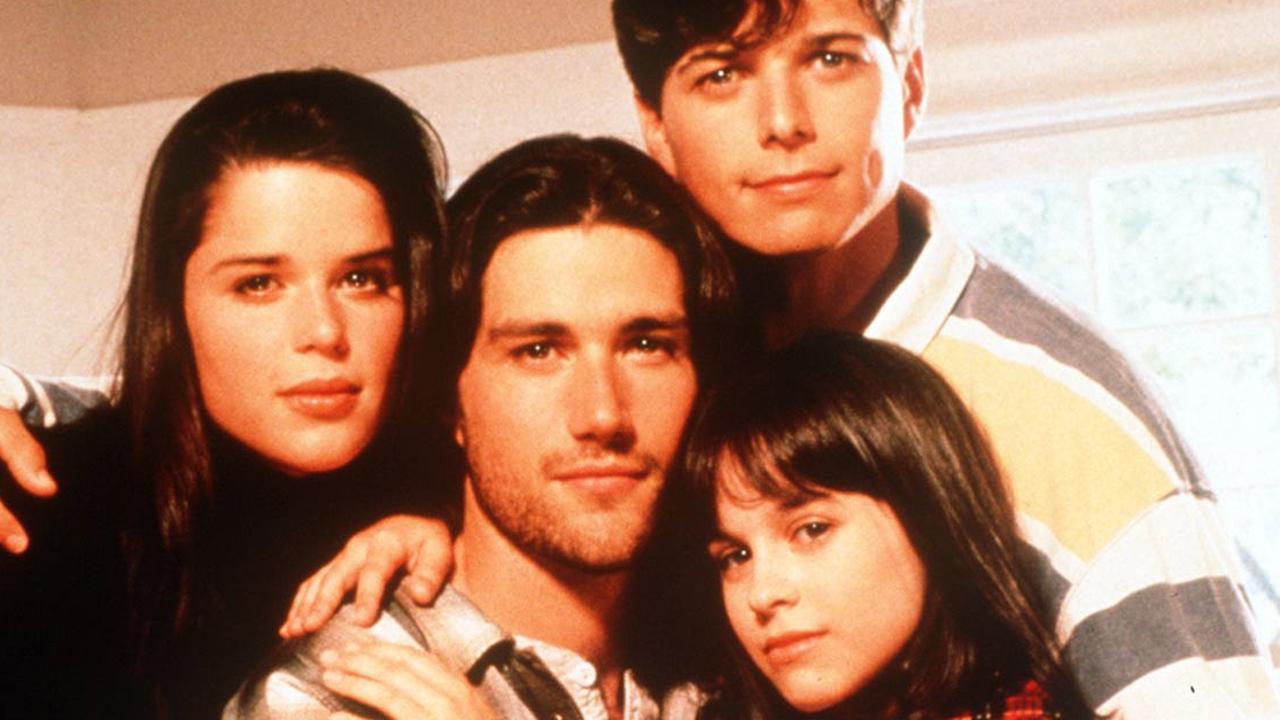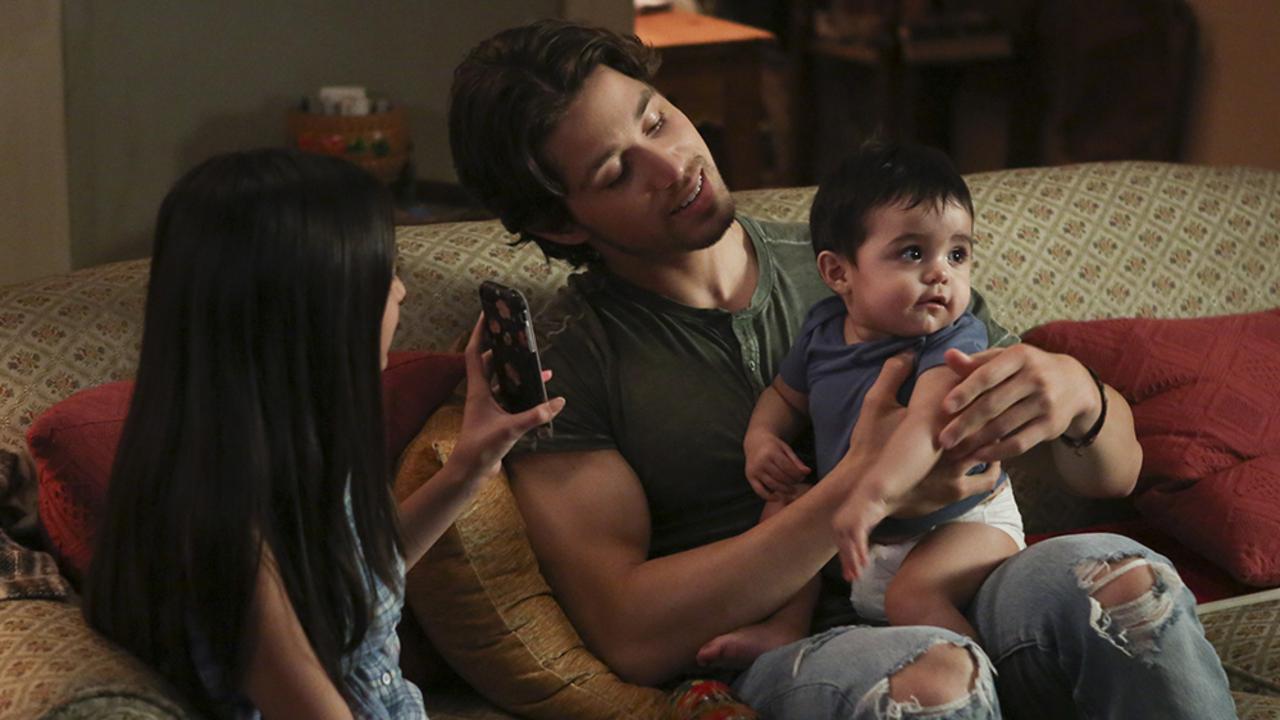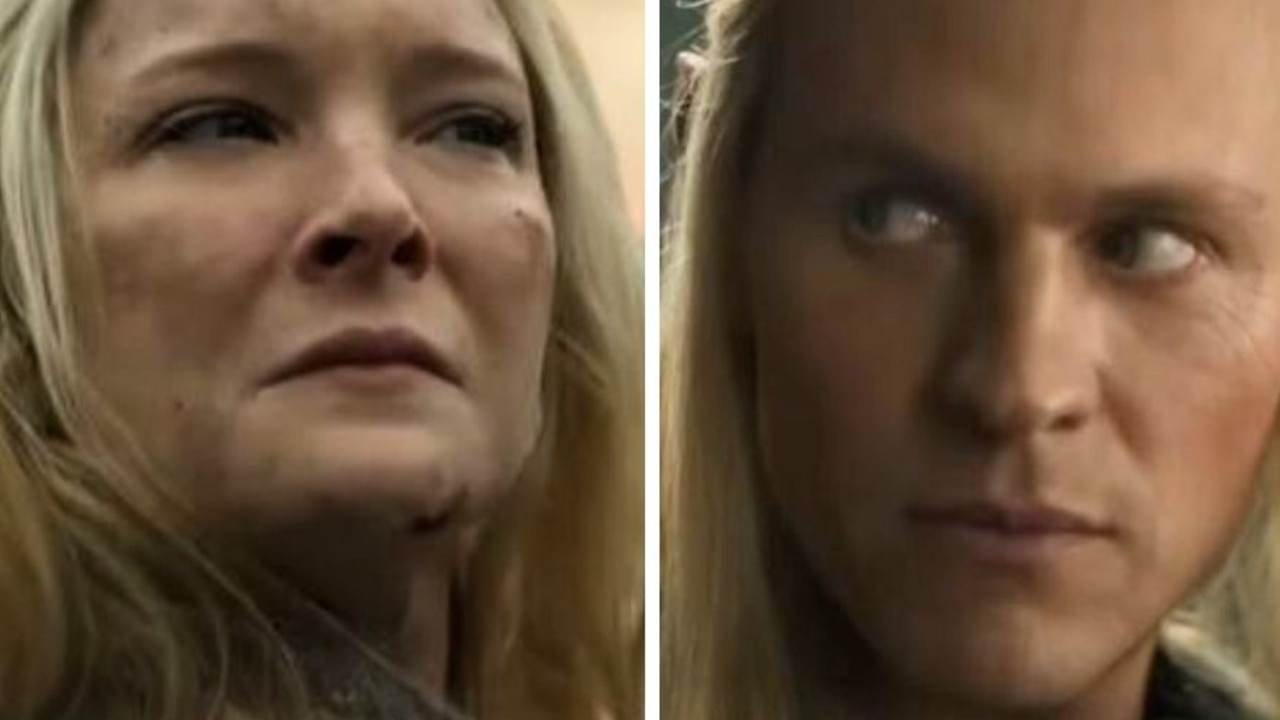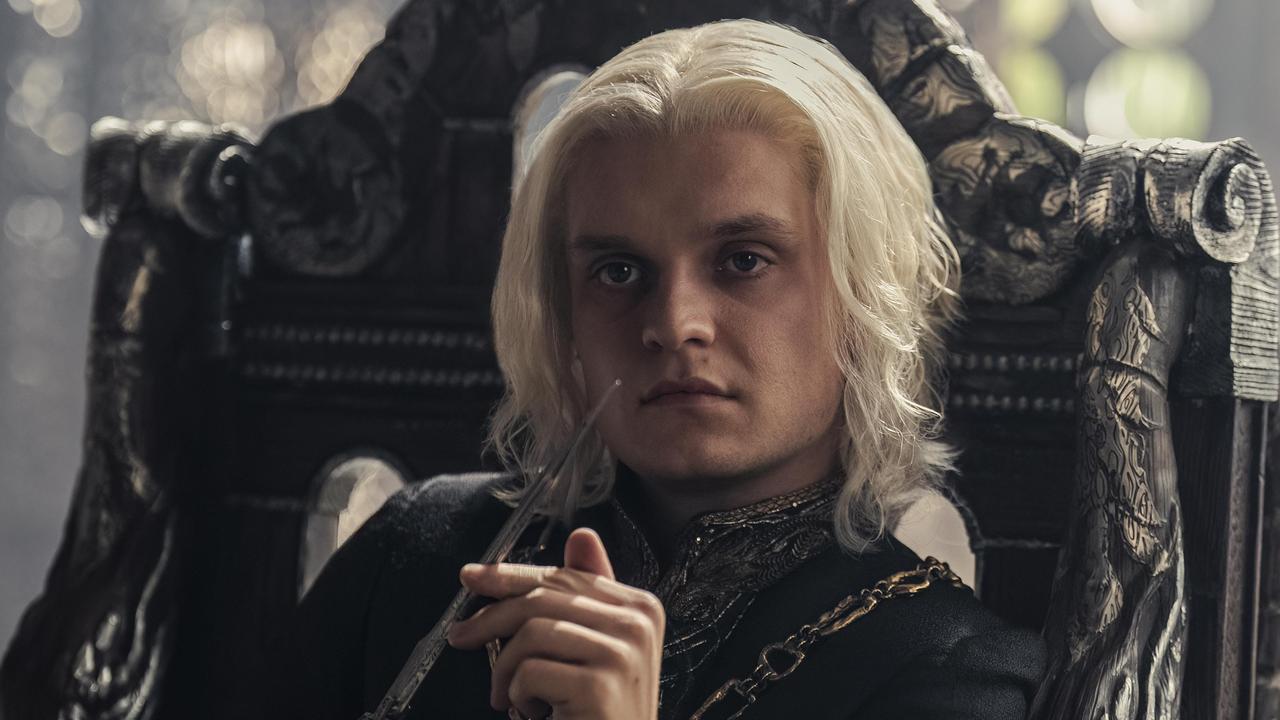Party of Five rebooted: An urgency, justification to its renewed story
You couldn’t swing a cat without hitting a reboot. But this reimagining of a classic 1990s show actually has a reason to exist.

It seems like every TV show from the 1990s has been targeted for a reboot, especially if they appealed to a younger audience.
From Charmed to Roswell to Beverly Hills 90210, if there were attractive young actors in it, it was ripe for another life on screen.
Party of Five, which ran for six years from 1994, made stars out of its then relatively unknown leads, Scott Wolf, Matthew Fox, Neve Campbell and Lacey Chabert, the story of five siblings (including a baby) who had to fend for themselves after their parents died in a car crash.
This week, it returns with a reboot, but unlike the copious other reboots of former favourites on the schedule, there’s an urgent reason for this iteration of Party of Five to exist.
The Salinger family from the original has been reimagined as the Acostas. Instead of a car crash taking the parents away, it’s law enforcement who cart away the Acosta parents in handcuffs after they’re discovered as undocumented immigrants, leaving the oldest son Emilio to take responsibility for his younger siblings as they try to fight the legal system to secure their parents’ freedom.
The issue of “illegal” immigrants is politically a hot and contested topic in the US, especially the separation of parents from the children at the Mexico-US border.

Party of Five co-creator Amy Lippman, of both the 1994 and the 2020 versions, said the stories of the undocumented people living in the US became the impetus to reframe the Party of Five story.
“A few years ago, we began to see stories about kids having to raise themselves in the wake of their parents’ sudden departure from their lives, the story of the undocumented living in this country and being deported.
“This was actually a situation that was happening and suddenly the reason to do it became very apparent. There was an urgency to the storytelling. It wasn’t like a wish fulfilment way of looking at the family like, ‘no parents, no one to tell us what to do’.
“What we saw was the opportunity to take a really clear-eyed look at the human cost of family separations.”
Lippman said over the years, she and co-creator Christopher Keyser had been approached to revive the show, usually as some facsimile of the 1994 version that had been so popular. But they were resistant to the idea.
“What is the point of that? We were proud of the show and we thought we had done a good job. Just to tell the same story again seemed kind of silly. Worse, it seemed crass to be honest, to capitalise on exactly what the show was before.”
RELATED: Filmmaker Alan Yang on the personal story behind his Netflix movie Tigertail
RELATED: On set with the stars of Bloom season two

In changing the circumstances of the parents’ absence, from the finality of death to the purgatory of detention and deportation – knowing that they’re out there and the family could be together if there was the political will – it changes the dynamics of the emotional fallout on the children.
“In the 25 years since I created the original, I have lost a parent and it’s incredibly painful, but it lessens over time, you adjust to it. It doesn’t mean you’re not sad about it, but your day-to-day life, five or five years out, is not that impacted.
“In fact, that was one of the challenges of the original series, because in year five of the show, (while the death of the parents) was the defining fact of the family, by then it wasn’t super relevant (to the stories).
“But (the deportation of your parents) is a very dynamic situation. There are a lot of things that change over time, it doesn’t lesson.
“There was a study that came out recently on the effects of deportation on families. There was a panel of doctors that analysed the situation and they said that separation is akin to torture. That was the word they used. They said it had the same emotional effect as torture.
“That’s so powerful to me because it means that it’s not a situation that’s going to be resolved and the kids just move on. It’s going to create problems and conflicts and challenges over the course of many years. I wish it wasn’t true in the real world, but as a writer, it provides storytelling opportunities.”
Looking for things to pass the time? The best shows to watch, the funniest videos, the best hacks? Find it all at our Life (goes on) in Lockdown section

For Lippman, her goal was to tell a story that felt authentic, and she’s certainly had that feedback, including from a young woman who approached her at a National Hispanic Media Coalition event and told Lippman that what’s being portrayed on the show was her experience – that young woman adopted her two younger siblings after their parents were deported.
“I’m glad people feel like we’re representing their experiences,” Lippman said. “But it’s just as important that people who have to sense of the fall out of this policy begin to see it. That was always my goal.
“Our goal as to say, ‘this family looks like your family’. They’re not living on the margins of society – they own a business, they’re raising their children, they’re active in their communities and it can all fall apart for them
“Their intention in bringing their children here was to actually try and have a piece of that American dream.
“Yet they are completely vulnerable to the capriciousness of a government that does not appreciate how much we owe to immigrants in America.”
Party of Five airs on SBS Viceland on Friday nights at 8.30pm but all 10 episodes of the first season is available to stream on SBS On Demand
Share your TV and movies obsessions | @wenleima




